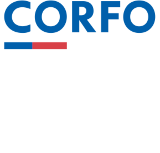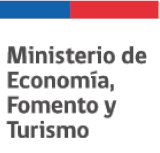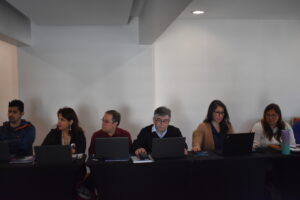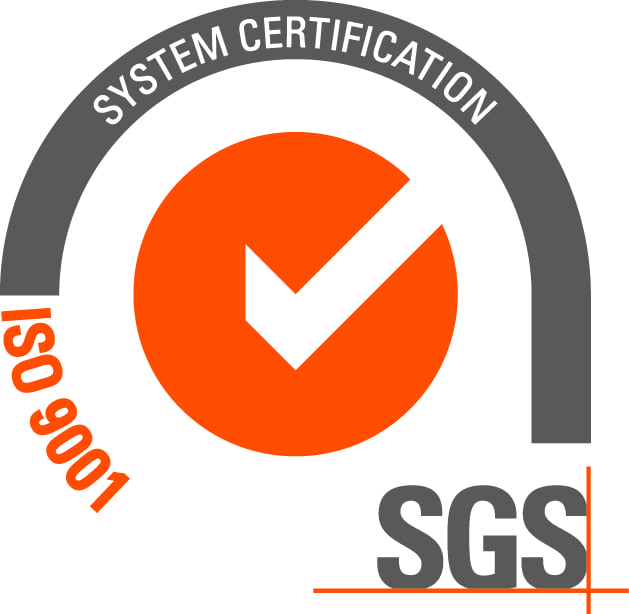
Entre el 1 y el 5 de septiembre, se realizó en Viña del Mar, el “Taller protocolo de intercambio de datos biológico-pesqueros del stock compartido de anchoveta del sur de Perú y norte de Chile”. Esta actividad se realizó en el marco de la programación del Grupo de Trabajo Binacional (GTB) en Biología Pesquera y el Subcomité Científico Técnico (SCCT) del Proyecto Humboldt II, iniciativa que es ejecutada por la Subsecretaría de Pesca y Acuicultura de Chile y el Viceministerio de Pesca y Acuicultura del Perú, con el financiamiento del Fondo Mundial para el Medioambiente (GEF por sus siglas en inglés). En este taller participaron especialistas en biología reproductiva de anchoveta, seguimiento de las pesquerías y estimación de la captura por unidad de esfuerzo y edad y crecimiento del Instituto del Mar del Perú (IMARPE) y del Instituto de Fomento Pesquero (IFOP) de Chile.
El objetivo del taller fue acordar y redactar un protocolo de intercambio de datos de las pesquerías de anchoveta del sur de Perú y norte de Chile y que habitualmente recolectan las dos instituciones encargadas de la investigación científica para el manejo del stock y de ese modo avanzar en el modelamiento del stock.
En la inauguración, Gonzalo Pereira, Director Ejecutivo del IFOP, explicó “al finalizar este segundo taller del grupo de biología pesquera, se podrá materializar el intercambio de datos para facilitar el análisis del stock de anchoveta del sur de Perú y norte de Chile. Destacando que una vez iniciada la ejecución del cronograma de actividades programadas del proyecto Humboldt II, en marzo del 2024, se ha logrado concretar una agenda bastante intensiva y productiva, mencionando que desde esa fecha, los cinco GTB, considerados en el SCCT han realizado seis talleres presenciales y otros varios virtuales, con una alta participación de profesionales de las dos instituciones, y con un trabajo técnico muy profundo, que nos va a permitir un trabajo a futuro de muchos años. El Director destacó el profesionalismo de los miembros de ambos equipos de trabajo del IFOP e IMARPE para alcanzar la meta del proyecto”.
Alejandro Gertosio, Coordinador Binacional del proyecto Humboldt II, señaló: “este es el segundo taller de estandarización de toma de datos biológico pesqueros y una de las aspiraciones que tenemos como proyecto, es facilitar a las instancias técnicas para lograr la estandarización de la toma de datos biológico-pesqueros de la anchoveta en la zona de estudio en ambos países, de esta manera el trabajo coordinado de los cinco GTB apuntan a apoyar a Perú y Chile para mejorar la explotación óptima de los recursos pesqueros, en este caso de la anchoveta”
La Dra. Marilú Bouchon, Directora General de investigación de pelágicos del IMARPE, destacó que participar en este taller, nos llena de alegría y orgullo porque ambos países estamos avanzando en los mecanismos estandarizados para el intercambio de los datos científicos y metodologías para poder hacer una evaluación de la anchoveta que permita el aprovechamiento sustentable del stock y además afianzar lazos entre las dos instituciones, es algo que nos ayuda a los dos países”
Carola Hernández investigadora Senior del IFOP, jefa de la delegación de Chile, señaló “Este taller es la continuación del primer taller realizado en Lima en junio del presente año, donde se revisaron las metodologías y procedimientos de muestreo en la recopilación de datos. La importancia de este segundo taller es que permite concretar el intercambio de los datos biológico-pesqueros mediante los protocolos que establecen los datos y/o información a intercambiar, la estructura y descriptores de los mismos, los responsables y fechas de entrega”.
En la prensa:





